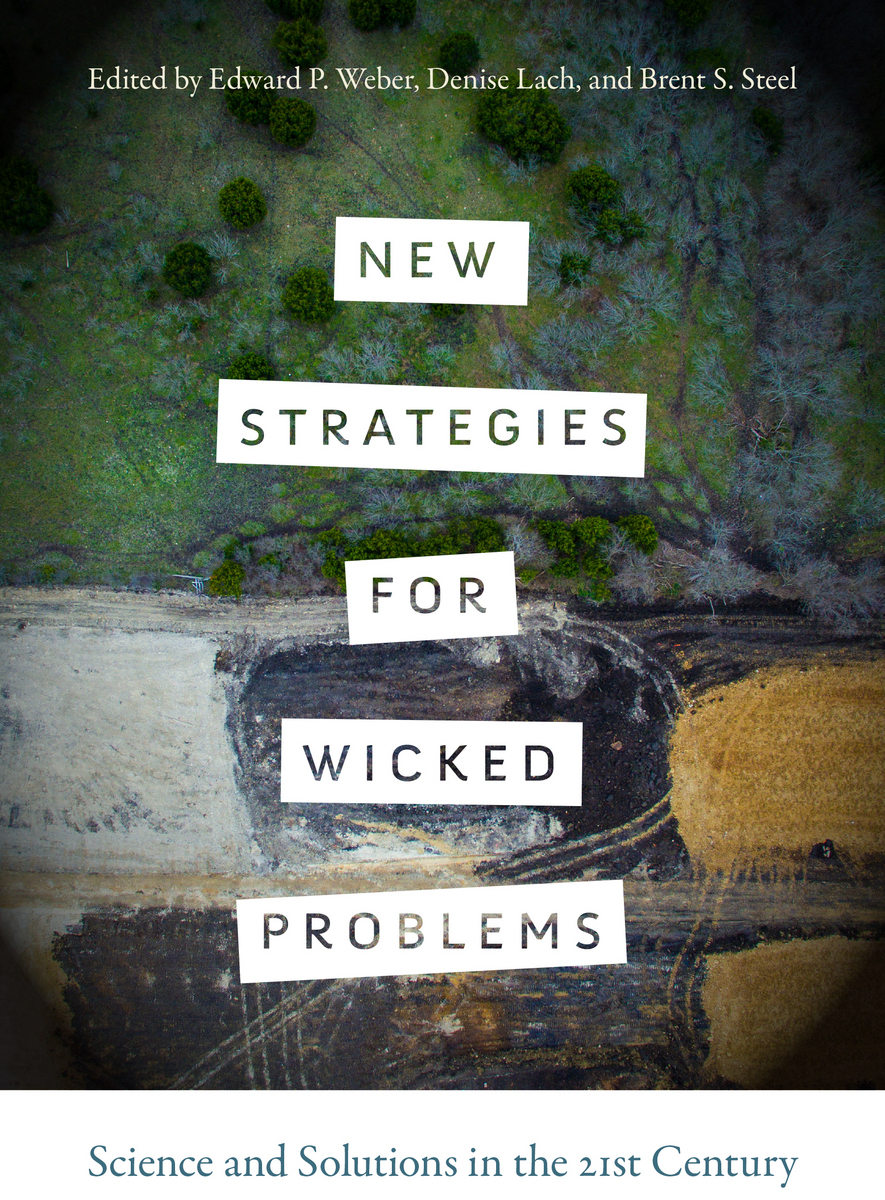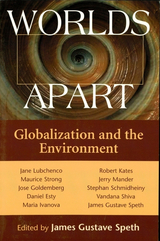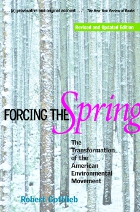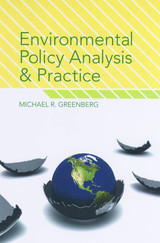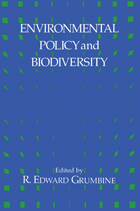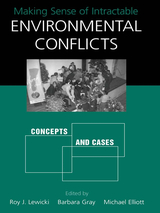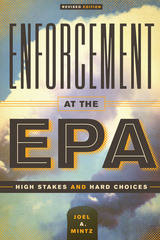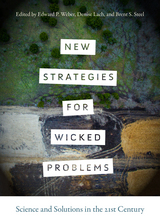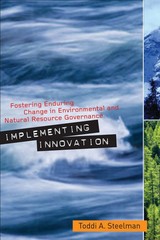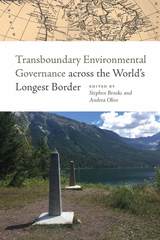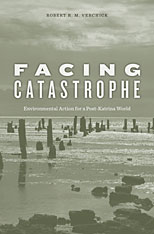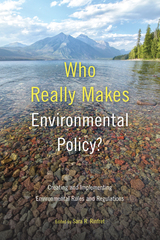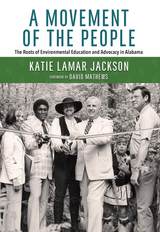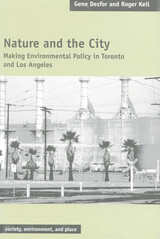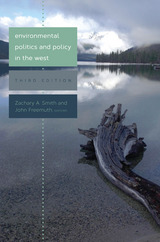New Strategies for Wicked Problems: Science and Solutions in the 21st Century
Oregon State University Press, 2017
Paper: 978-0-87071-893-9 | eISBN: 978-0-87071-894-6
Library of Congress Classification GE180.N48 2017
Dewey Decimal Classification 333.70973
Paper: 978-0-87071-893-9 | eISBN: 978-0-87071-894-6
Library of Congress Classification GE180.N48 2017
Dewey Decimal Classification 333.70973
ABOUT THIS BOOK | AUTHOR BIOGRAPHY | REVIEWS | TOC
ABOUT THIS BOOK
According to Wikipedia: "A wicked problem is one that is impossible or difficult to solve because of incomplete, contradictory, and changing requirements that are often difficult to recognize. The term 'wicked' refers to such a problem's resistance to resolution, not to an evil nature. Classic examples of wicked problems include economic, environmental, and political issues.”
We now live in a world full of wicked problems, most of them urgent challenges calling out for creative, democratic, and effective solutions. Ed Weber, Denise Lach, and Brent Steele, of the Oregon State University School of Public Policy, solicited papers from a wide variety of accomplished scholars in the fields of science, politics, and policy with significant research experience to address this challenge. The resultant collection focuses on major contemporary environmental and natural resource policy issues, and proposes an assortment of alternative problem-solving methodologies to tackle such problems.
New Strategies for Wicked Problems will appeal to scholars, students, and decision-makers wrestling with wicked problems and “post-normal” science settings beyond simply environmental and natural resource-based issues. It will provide much needed guidance to policymakers, citizens, public managers, and various stakeholders who are struggling with wicked problems in their professional lives.
Other Contributors:
Tanya Heikkila
Helen Ingram
Ann C. Keller
Bob Lackey
Anna Pakenham Stevenson
Christopher M. Weible
Daniel R. Williams
We now live in a world full of wicked problems, most of them urgent challenges calling out for creative, democratic, and effective solutions. Ed Weber, Denise Lach, and Brent Steele, of the Oregon State University School of Public Policy, solicited papers from a wide variety of accomplished scholars in the fields of science, politics, and policy with significant research experience to address this challenge. The resultant collection focuses on major contemporary environmental and natural resource policy issues, and proposes an assortment of alternative problem-solving methodologies to tackle such problems.
New Strategies for Wicked Problems will appeal to scholars, students, and decision-makers wrestling with wicked problems and “post-normal” science settings beyond simply environmental and natural resource-based issues. It will provide much needed guidance to policymakers, citizens, public managers, and various stakeholders who are struggling with wicked problems in their professional lives.
Other Contributors:
Tanya Heikkila
Helen Ingram
Ann C. Keller
Bob Lackey
Anna Pakenham Stevenson
Christopher M. Weible
Daniel R. Williams
See other books on: Decision-Making & Problem Solving | Environmental policy | Natural resources | Solutions | Weber, Edward P.
See other titles from Oregon State University Press
